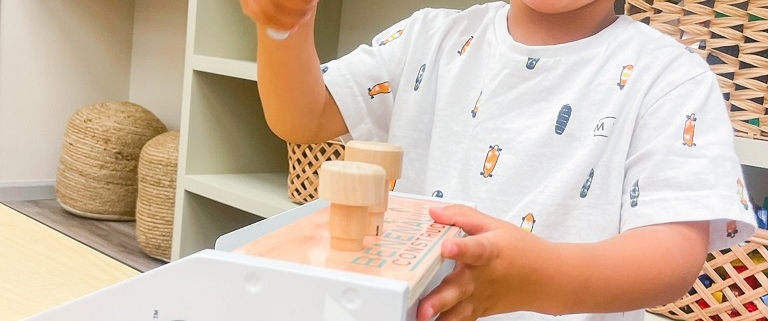How To Support a Gifted or Talented Child
This week (the third week of July) is National Parenting Gifted Children Week, highlighting the unique challenges parents of exceptionally bright and talented children face.
What is a “Gifted” Child?
The National Association for Gifted Children defines gifted children as those who have the capability to perform at higher levels compared to peers of the same age, experience, and environment. These children require modifications to their educational experience to learn and realize their full potential.
It’s important to understand that gifted and talented students:
- Come from all racial, ethnic, cultural, and economic backgrounds.
Well-resourced schools in affluent neighborhoods typically screen for gifted and talented children, leading to disproportionate results. When universal screening is implemented, the number of low-income and minority students identified as gifted increases by 180%.
- Require learning opportunities to discover their potential.
Age and grade-level performance is not always the best indicator of potential. Some impoverished children may not perform to grade level or may drop out of school, despite possessing the potential to excel. Early education and challenging programs can help direct students from underserved communities to increase the odds of success.
- May require accommodation for learning and processing disorders.
Students who are gifted and talented may also have a mental health diagnosis or disability such as ADHD, dyslexia, dysgraphia, or Autism Spectrum Disorder. Accurate identification of both talent and disability domains is crucial for guiding twice-exceptional children in and out of the classroom.
- Need support and guidance to develop socially and emotionally.
Children with exceptional intellectual development may lag in terms of socio-emotional development. Emotional regulation, social skills, willingness to take risks, self-confidence, motivation, and the ability to cope with challenges are common struggles gifted and talented kids face.
- Can have changing needs that require varied services.
The goal post is always moving for gifted and talented children, depending on how the various cognitive domains are developing. Services may include group projects, 1:1 learning modules, and advanced placements, which can be determined by quarterly assessments to ensure education is keeping pace with the child’s unique needs.
How To Support the Gifted and Talented
Parents can help their gifted and talented children:
- Overcome self-esteem issues by enrolling them in sports and hobbies, such as soccer or dance, that promote confidence and playful peer interaction.
- Avoid guilt by encouraging your child to choose a volunteer activity or cause each school semester to focus attention outward on helping others.
- Keep perfectionism at bay by avoiding the urge to overcorrect mistakes, establishment of reasonable project goals, and encouraging love of the journey over the end result.
- Be more flexible by nudging them out of their comfort zones to try new experiences, such as a spicy food, a scary ride at an amusement park, or learning a new language.
- Defeat unrealistic expectations like achieving straight As or always winningby encouraging “listening to directions,” “learning,” “having fun,” or “giving their best.”
- Develop patience by learning deep breathing techniques, meditation, and using empathy when in dealings with others.
The Shine Studio is a great place for gifted and talented children to have a blast with their peers, try new experiences, and further their education. Contact us to learn more about our unique East End programming, available all year round.



